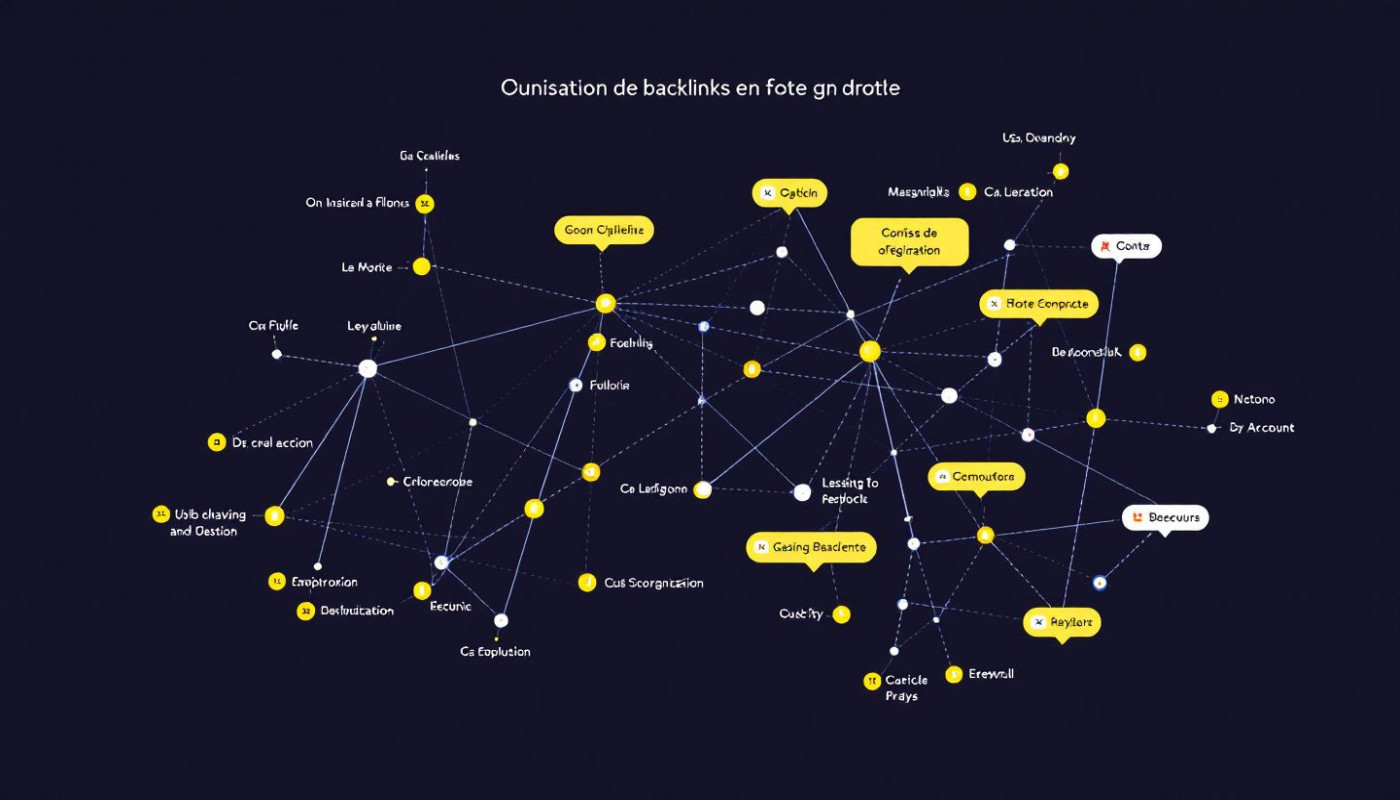Table of contents
In the ever-evolving landscape of customer service, efficiency is not just a goal; it's a necessity for survival. The modern call center is where the battle for customer loyalty is won or lost, and every second counts in this high-stakes environment. As businesses strive to meet the growing expectations of their clients, integrating advanced technology into their communication strategies has become paramount. Customer Relationship Management (CRM) systems stand at the forefront of this integration, revolutionizing the way call centers interact with their clientele. The integration of CRM systems within call centers has the potential to streamline operations, personalize customer interactions, and enhance overall service quality. This exploration will delve into the myriad ways in which CRM integration can transform customer communications, making it indispensable in modern call centers. As readers embark on this informative journey, they will uncover the secrets to unlocking the full potential of CRM systems, propelling their customer service into a new echelon of efficiency.
The Foundation of CRM in Call Centers
The term CRM, or Customer Relationship Management, describes a systematic approach utilized in managing interactions with current and potential customers. Traditionally, CRM's role in call centers has been to streamline communication and ensure that customer interactions are tracked and managed effectively. This base functionality was once managed manually, with staff meticulously recording customer interactions, often resulting in a time-consuming process prone to human error.
With the advent of sophisticated CRM software, the landscape of call center operations has transformed significantly. Modern CRM systems have replaced the manual tracking of yesteryear with automated, intricate customer data management solutions. This evolution has led to a substantial impact on call center efficiency, including the way agents interact with customers and, importantly, how customer data is handled and analyzed. The integration of data analytics within CRM systems has allowed for an unprecedented level of insight into customer behavior, enabling more personalized and timely service.
These advancements have not only improved customer interaction quality but have also bolstered the service efficiency of call centers. Operating at the heart of these improvements is the CRM software, which has become an indispensable tool for any call center looking to optimize its service and maintain a competitive edge. As a reflection of this importance, CRM integration is now a widely recognized catalyst for the seamless and effective management of the myriad of facets that constitute modern call center operations.
Streamlining Workflows through CRM Automation
CRM integration stands as a pivotal component in enhancing operational efficiency within modern call centers. By implementing automated workflows, routine tasks such as data entry, ticketing, and customer information retrieval are streamlined, allowing call center representatives to devote their attention to resolving more complex customer issues. This focus on CRM automation not only helps in task management but also plays a significant role in reducing wait times. Customers benefit from quicker service and a more personalized interaction, fostering a positive customer experience. Workflow automation, facilitated by a robust CRM system, ensures that every step from initial contact to issue resolution is seamlessly orchestrated, resulting in a smoother process for both staff and customers alike.
CRM Integration and Multi-Channel Coordination
In the realm of modern customer service, the concept of multi-channel support is integral to meeting customer expectations. With the advent of numerous communication platforms, such as phone, email, social media, and live chat, CRM integration becomes a pivotal aspect of ensuring that these touchpoints work in harmony. A CRM system that is well-integrated allows for unified communication, which is key to providing a seamless customer journey. When customer interactions are synchronized across all channels, businesses are able to maintain continuity in conversations and service. This approach not only enhances the efficiency of customer communication but also solidifies brand reliability and customer satisfaction.
Embracing an omnichannel strategy, which incorporates channel agnosticism, means that regardless of the medium a customer chooses to interact with a company, the quality and personalization of the interaction remains consistent. A digital marketing manager, focused on optimizing CRM capabilities, would emphasize that a unified CRM system is pivotal to this process. It captures and organizes customer data across all channels, ensuring that no matter who in the organization is communicating with a customer, they have access to the same information and history. This alignment is essential for delivering tailored assistance and fostering positive relationships with customers, ultimately contributing to a business’s success.
Leveraging CRM Analytics for Continuous Improvement
The integration of Customer Relationship Management (CRM) systems in call centers has transcended basic customer interaction management to become a rich source of business intelligence. Utilizing CRM analytics, decision-makers can tap into a wealth of data that informs strategic choices and fosters an environment of continuous improvement. By meticulously analyzing performance metrics, organizations are equipped to refine their customer service processes and enhance overall efficiency. CRM analytics allow for the monitoring of key indicators such as call resolution times, which are indicative of the speed and effectiveness with which customer issues are addressed. Likewise, customer satisfaction scores offer insight into the perceived value of the service provided, directly impacting customer loyalty and retention. The adherence to service level agreements (SLAs) is another critical gauge, ensuring commitments made to customers are consistently met, thereby upholding the company's reputation and reliability.
CRM systems with business intelligence capabilities are not just retrospective but can also be prospective through the use of predictive analytics. This sophisticated approach to data analysis helps predict future trends and customer behaviors by examining historical patterns, thereby enabling call centers to proactively adjust their strategies. A business analyst specialized in CRM analytics and performance measurement can leverage these insights to optimize workflows, reduce wait times, and tailor customer interactions to meet evolving expectations. In essence, the synthesis of CRM analytics into daily operations is not merely an operational choice but a strategic imperative for companies aiming to keep pace with the dynamic landscape of customer communications.
Enhancing Customer Interaction with CRM Data
CRM integration is transforming the call center landscape by fostering personalized communication that resonates with customers. When service agents have immediate access to customer history, preferences, and previous interactions, they can tailor their conversations to address individual needs, demonstrating a level of care and attention that significantly boosts customer satisfaction. This tailored approach is not only perceived as more attentive by the customer but also streamlines the service process, potentially reducing call times and increasing the efficiency of the call center.
Utilizing customer segmentation, agents can categorize customers based on various criteria, ensuring that communication is relevant and timely. This strategic approach to customer service ensures that every interaction adds value, increasing the likelihood of repeat business and positive word-of-mouth. The benefits of CRM integration within modern call centers are manifold, including improved service quality, enhanced customer loyalty, and optimized use of call center technology.
In a world where effective utilization of data is key, Connector CRM emerges as a pivotal tool, enabling a seamless flow of information across platforms. It's an example of innovation that empowers call centers to exceed customer expectations, fostering an environment where customer satisfaction is not just a goal but a measurable outcome.
Similar

How Affordable Backlink Services Impact SEO Results?

Exploring The Benefits Of Free AI-Powered Chat Services

Creating high-performance landing pages for lead generation in tech startups

Exploring The Benefits Of Generative AI In Enhancing Chatbot Conversations

Boosting Business Sales Through Enhanced Online Visibility

How A Free Online Tool Can Enhance Email Verification Processes

Exploring Cost-effective Strategies For New Entrepreneurs In Dynamic Markets

How To Determine The Right CRM System For Your Industry Needs

How Graphic Facilitation Can Transform Your Professional Meetings

Exploring The Role Of Generative AI In Enhancing Cybersecurity Measures Within The Restaurant Industry

